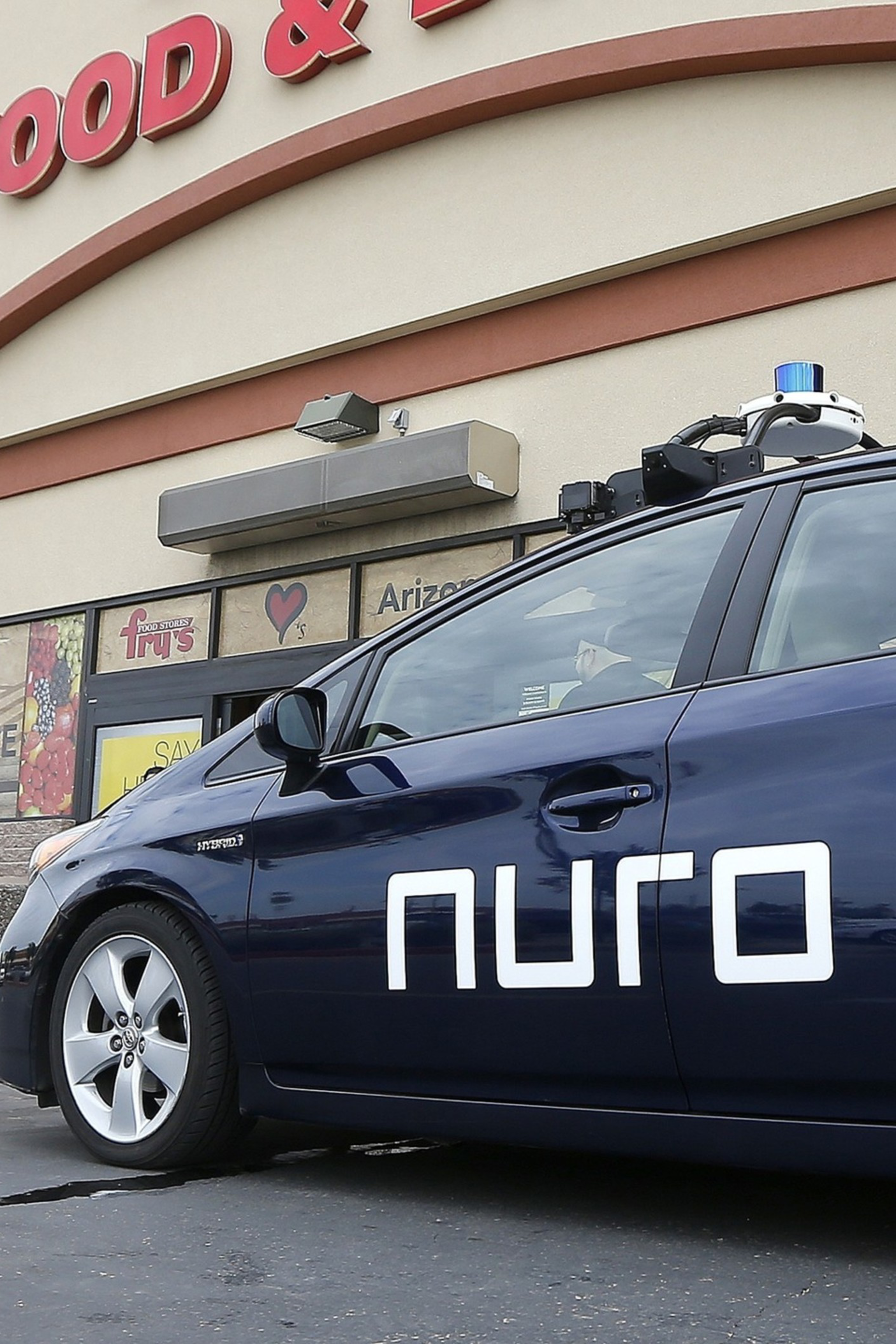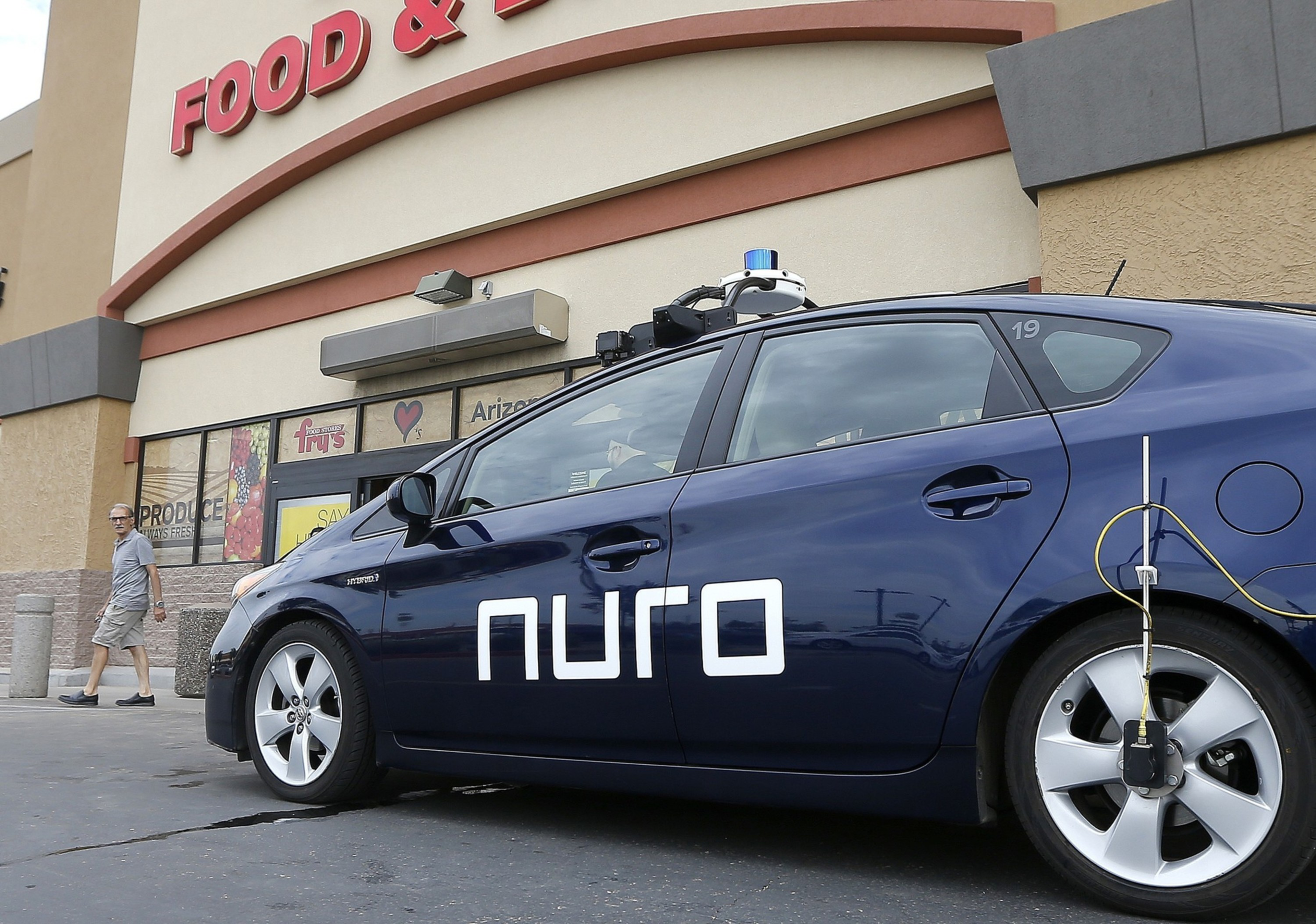The robotaxi wars are heating up.
Uber will introduce its self-driving vehicles in the Bay Area in late 2026, setting the stage for a driverless race against Waymo, Tesla, and Zoox.
Uber announced Wednesday that it is partnering with luxury electric vehicle manufacturer Lucid Motors and Nuro, which develops the autonomous systems, for an “Uber-exclusive robotaxi.”
Uber said it is building Lucid Gravity SUVs powered by Nuro’s autonomous vehicle technology. The initial rollout will include more than 100 vehicles. Uber said on-road development is underway.
The Gravity Plus is a modified version of Lucid’s new $80,000 electric SUV that’s optimized to be a robotaxi. The vehicle will have a larger battery with a range of 450 miles, meaning it can spend more time collecting fares and less time charging.
Mountain View-based Nuro, which was founded in 2016 by two former Waymo employees, is a relatively late entrant to a field dominated by Alphabet-owned Waymo and partially serviced by Tesla’s semi-autonomous robotaxi campaign.
This is Nuro’s first licensing agreement. The company was initially focused on building delivery bots and is now pivoting to licensing its technology for robotaxis.
Nuro currently has a permit to operate autonomous vehicles from the Department of Motor Vehicles in San Mateo and Santa Clara counties. The company has applied to the California Public Utilities Commission for a drivered pilot permit, which would authorize them to offer a passenger service to the public with a safety driver present.
Earlier this month, robotaxi operator Zoox began opening access to select users for its autonomous vehicles in limited San Francisco neighborhoods after nearly a year of testing.
Waymo and Uber have collaborated in Atlanta and Austin, Texas. Uber passengers in those cities are sometimes matched with driverless Waymos for their rides.
According to a recent poll from the tech-backed, moderate-leaning political group GrowSF, two-thirds of voters said they support allowing fully autonomous vehicles to operate in San Francisco. In 2023, fewer than half agreed with the sentiment.

